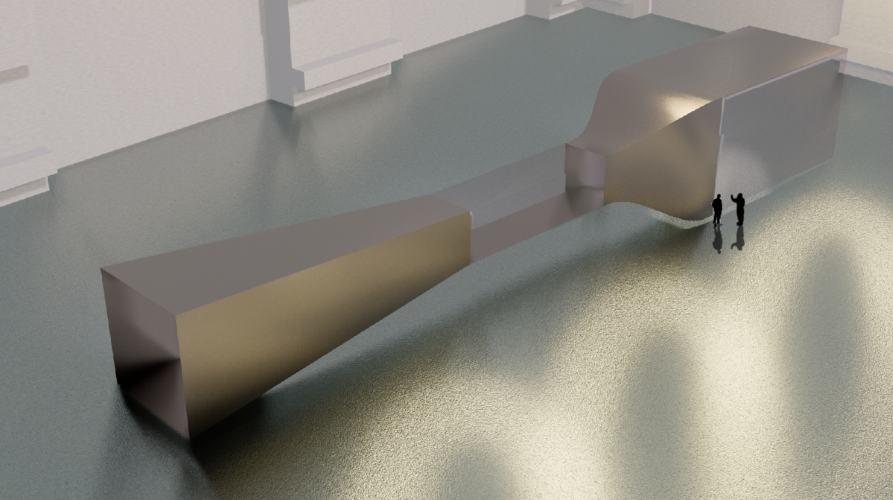Team L&M
BITS Pilani is all set to construct one of India’s most significant and largest wind tunnel facilities in Telangana. This state-of-the-art project, expected to be completed within the next year, will revolutionise aerodynamic testing and research.
This project holds immense significance as it is in line with India’s quest and recent achievements, to be at the forefront of space technology and research on a global scale, and since there are currently limited wind tunnels in India. It will not only foster research in the field of drones and autonomous flying vehicles but also serve as a platform for students and companies to experiment and generate new ideas.
Says Prof G Sundar, Director of Hyderabad Campus, and Off-Campus Programs & Industry Engagement at BITS Pilani, “Drones and UAVs hold immense potential across various sectors, including commercial, defense and recreation. Leading educational institutions have already seen successful drone startups emerge, such as Ideaforge from IIT Bombay and BotLab Dynamics from IIT Delhi. We envision BITS Pilani joining these institutions in spearheading the development of frontier technologies in drones, UAVs, and space. The Wind Tunnel will play a pivotal role in establishing BITS Pilani as a hub for deep-tech entrepreneurship.”
The realisation of this project has been made feasible through the generous backing of accomplished entrepreneur and BITS Pilani alumnus Goutham Kurra. Says Kurra, “My wife Aditi and I believe in the non-linear power of higher education. As an alumnus, I believe BITS had a major formative influence on my life. I am excited to support the Wind Tunnel project, which I believe will inspire future generations of students to pursue cutting-edge research and innovation.”
With the ability to recreate wind speeds of up to 220 kmph, the BITS Pilani wind tunnel will provide invaluable insights into the dynamics of flight. It would have the capability of testing the aerodynamic effects on a diverse range of subjects including full-scale drones/quadcopters, automobiles, parachutes, and electric vehicle battery management systems.
The wind tunnel facility will feature two distinct test sections: an expansive 5 m x 5 m area designed for a full-scale assessment of quadcopters and automobile cooling systems, and a more compact 2 m x 2 m test section capable of simulating winds at speeds of up to 220 Kmph. The facility will feature cutting-edge capabilities to regulate wind conditions, both in terms of space and time, through an active control system innovatively developed by BITS Pilani’s students and faculty.
